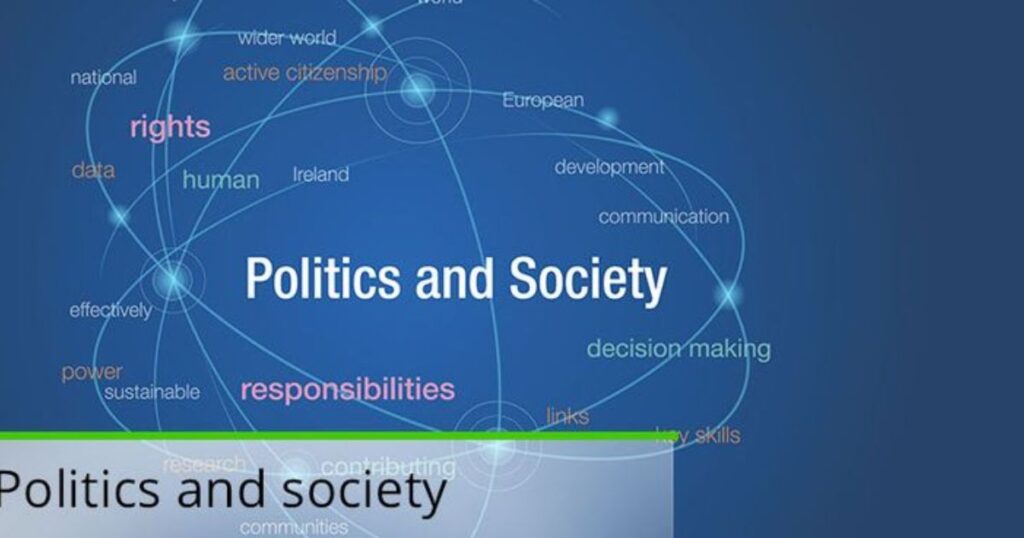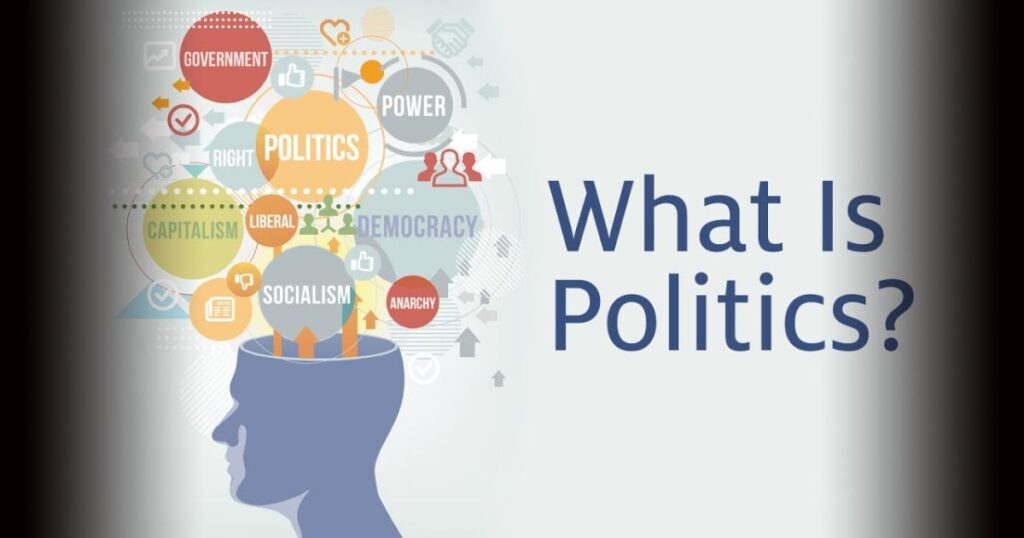Politics is an integral aspect of human society, shaping governance, laws, and public policies that influence daily life. It encompasses the art and science of decision-making within communities, ranging from local governments to international relations.
Understanding politics allows individuals to engage meaningfully in societal development and advocate for change. This article explores the fundamental concepts of politics, its role in modern society, key challenges, and its significance in shaping a better future.
What is Politics?
Politics originates from the Greek word “polis,” meaning city-state, and it revolves around the distribution of power and resources within a society. It involves decision-making processes, conflict resolution, and the implementation of laws and policies to maintain order and progress.
- Government Systems:
- Democracy: Governance by elected representatives, emphasizing majority rule.
- Autocracy: Centralized power held by a single leader or entity.
- Federalism: A system where power is divided between national and regional governments.
- Political Ideologies:
- Conservatism: Advocates tradition and gradual change.
- Liberalism: Focuses on individual rights and equality.
- Socialism: Emphasizes collective ownership and redistribution of resources.
- Public Policy:
- The process by which governments address societal issues through regulations and programs.
The Role of Politics in Society

- Policy Development: Politics facilitates the creation of policies addressing social, economic, and environmental issues. Examples include healthcare reforms, climate action, and education improvements.
- Conflict Resolution: Through dialogue and negotiation, politics helps resolve disputes between individuals, groups, and nations.
- Representation: Elected officials represent the interests of citizens, ensuring their voices are heard in decision-making processes.
- Social Justice: Politics drives movements advocating for equality, human rights, and the protection of vulnerable populations.
Challenges in Politics
- Corruption: The misuse of power for personal gain undermines public trust and weakens institutions.
- Polarization: Extreme ideological divisions can hinder productive discussions and policymaking.
- Misinformation: The spread of false information distorts public perception and influences elections.
- Globalization: Balancing national interests with global responsibilities poses a challenge in an interconnected world.
- Economic Inequality: Ensuring fair distribution of resources remains a persistent issue in political systems.
Significance of Politics in Shaping the Future
- Driving Change: Political systems have the power to address pressing global challenges such as climate change, poverty, and technological advancements.
- Empowering Citizens: Through political participation, citizens can influence decisions that impact their lives.
- Ensuring Accountability: Democratic processes like elections and judicial oversight hold leaders accountable for their actions.
Conclusion
Politics is a cornerstone of societal organization, influencing every aspect of life from education to international diplomacy. While challenges such as corruption and polarization persist, a well-informed and engaged populace can drive positive change.
By understanding political systems and actively participating, individuals contribute to the development of equitable and just societies. The significance of politics lies not only in governance but also in empowering citizens to shape their collective destiny.
FAQ’s
What is the primary purpose of politics?
The primary purpose of politics is to organize society, make decisions, resolve conflicts, and implement policies for the common good.
Why is political awareness important?
Political awareness empowers citizens to make informed decisions, hold leaders accountable, and advocate for their rights and interests.
How does politics affect daily life?
Politics influences laws, public services, economic policies, and societal norms, directly impacting education, healthcare, and employment opportunities.
What are the major challenges in politics today?
Key challenges include corruption, misinformation, polarization, economic inequality, and the complexities of globalization.
How can citizens participate in politics?
Citizens can vote, engage in advocacy, join political organizations, attend public meetings, and stay informed about current events.







